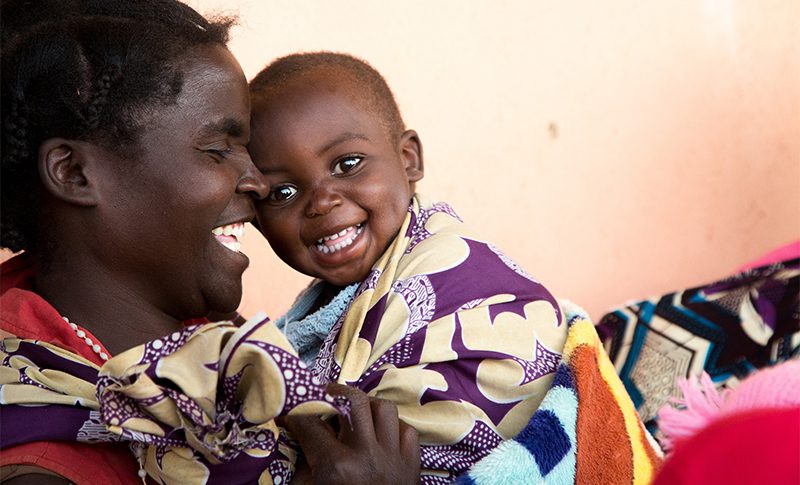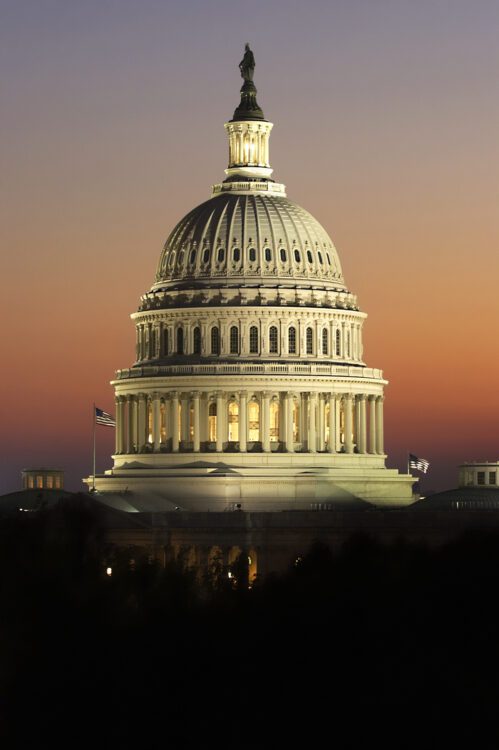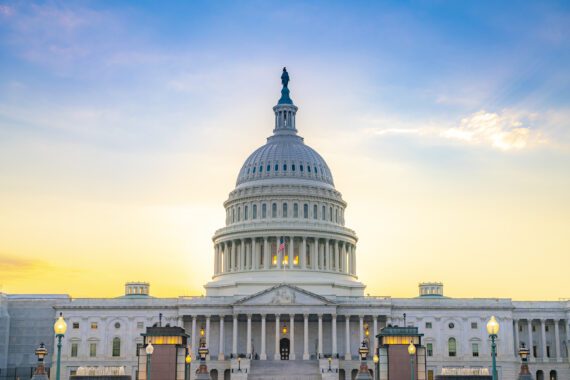Washington, D.C. – Bread for the World today commended the $1.1 trillion bipartisan budget deal struck by House and Senate negotiators. The bill would fund the government through the end of the 2017 fiscal year. Bread urged the full Congress to pass the bill and for President Donald J. Trump to sign it into law as soon as possible.
The bipartisan budget deal provides more than $1 billion for famine relief in parts of Africa and the Middle East. It also protects domestic and international poverty-focused programs from budget cuts proposed by Trump.
“Bread for the World congratulates budget negotiators for including funding for famine relief in the 2017 appropriations bill,” said Rev. David Beckmann, president of Bread for the World. “In addition to providing lifesaving famine relief, the bill protects programs that help poor and hungry people in the United States and developing countries – a clear victory for those who rely on these programs. We thank the negotiators for their work and urge lawmakers to support this bill.”
In addition to funding famine relief, the bill keeps funding flat for international maternal and child nutrition programs, including the McGovern-Dole International Food for Education and Child Nutrition Program. The bill also increases funding for global health programs and development assistance.
On the domestic side, the bill funds WIC and summer meals for children at the same levels as last year. It increases funding for Head Start, the Child Care and Development Block Grant, and nutrition programs for senior citizens.
“The Trump administration is also proposing steep cuts to foreign aid and domestic hunger and poverty programs in the fiscal year 2018 budget. We hope that lawmakers do the right thing and reject the proposed cuts and fully fund these vital programs,” Beckmann added.



